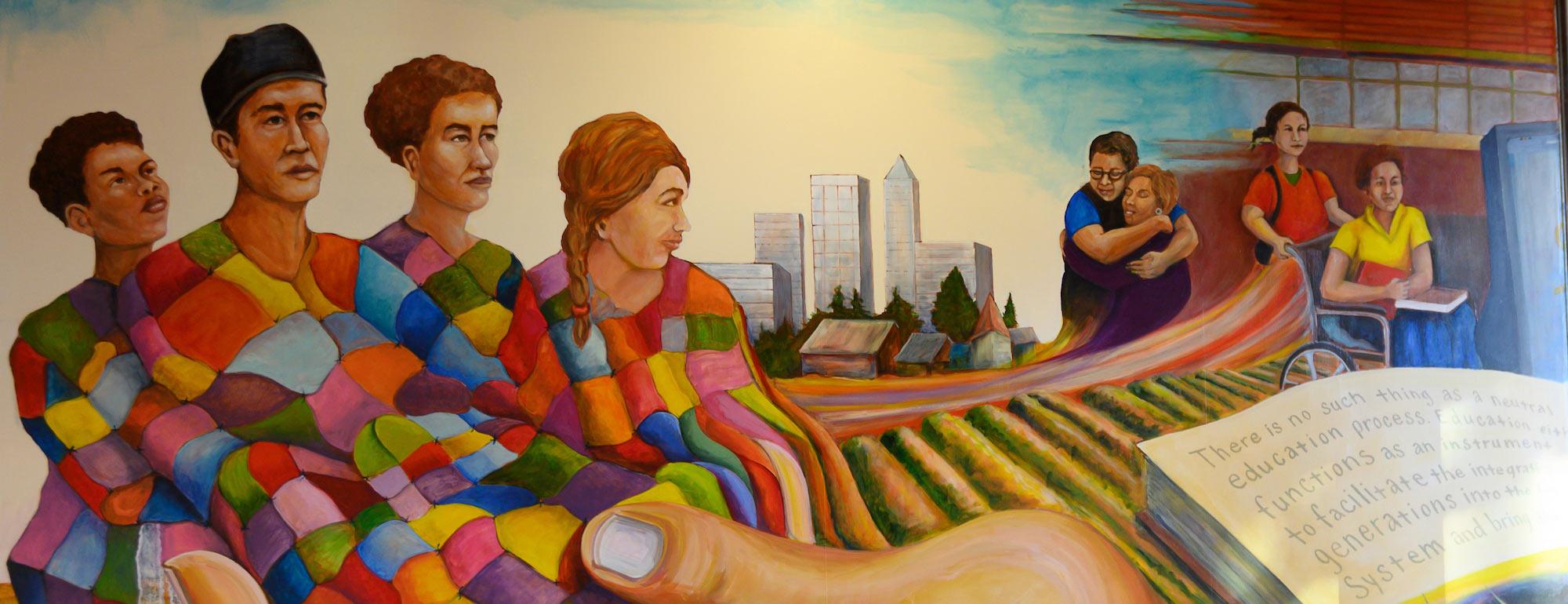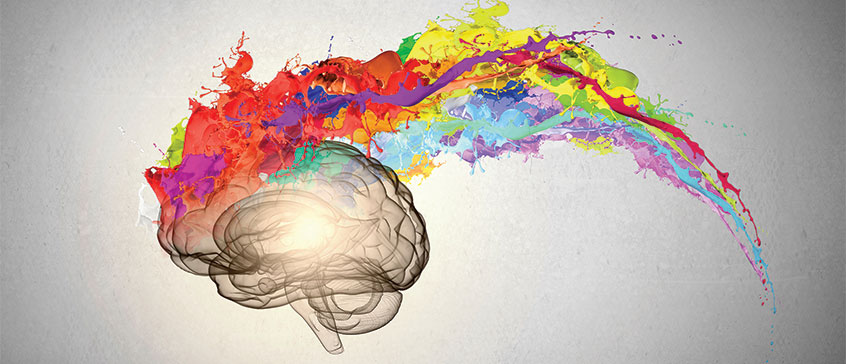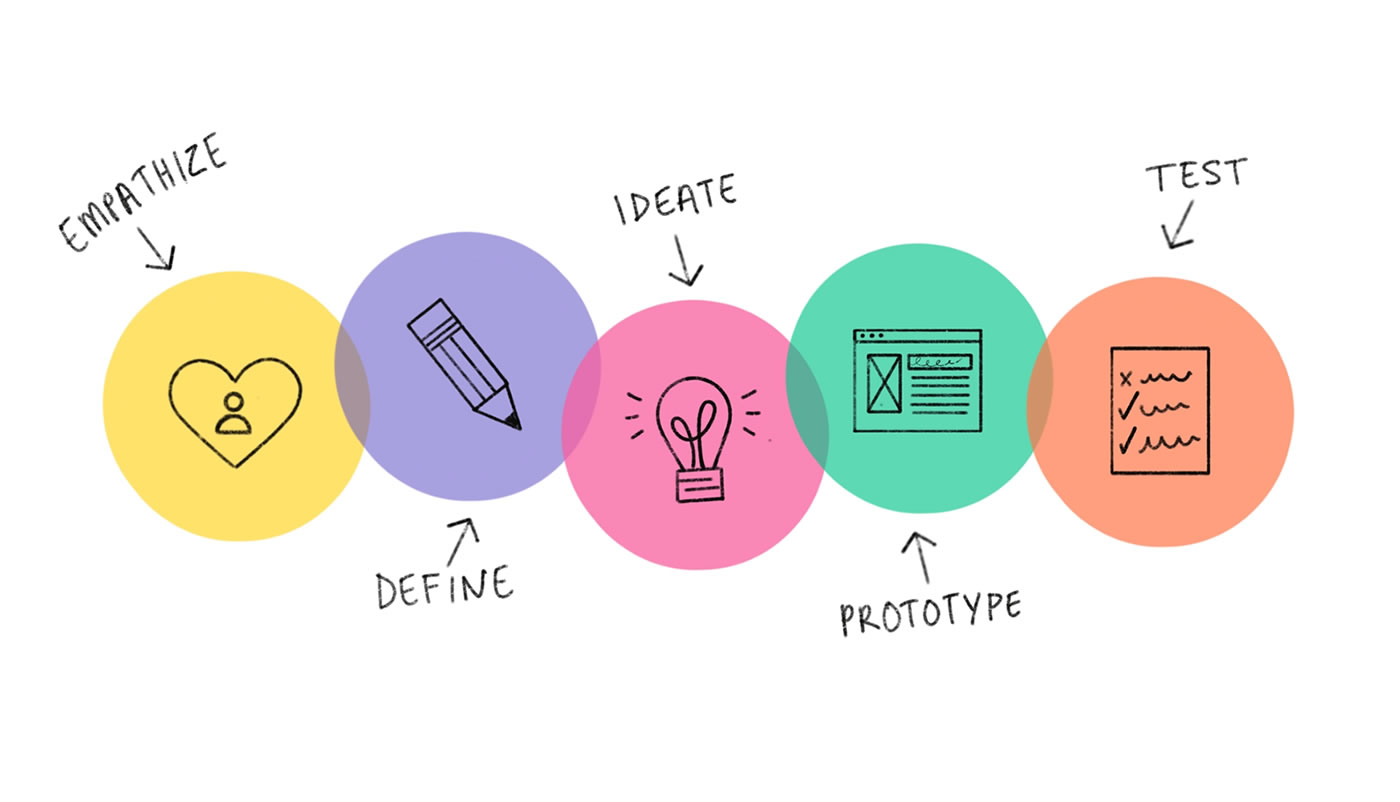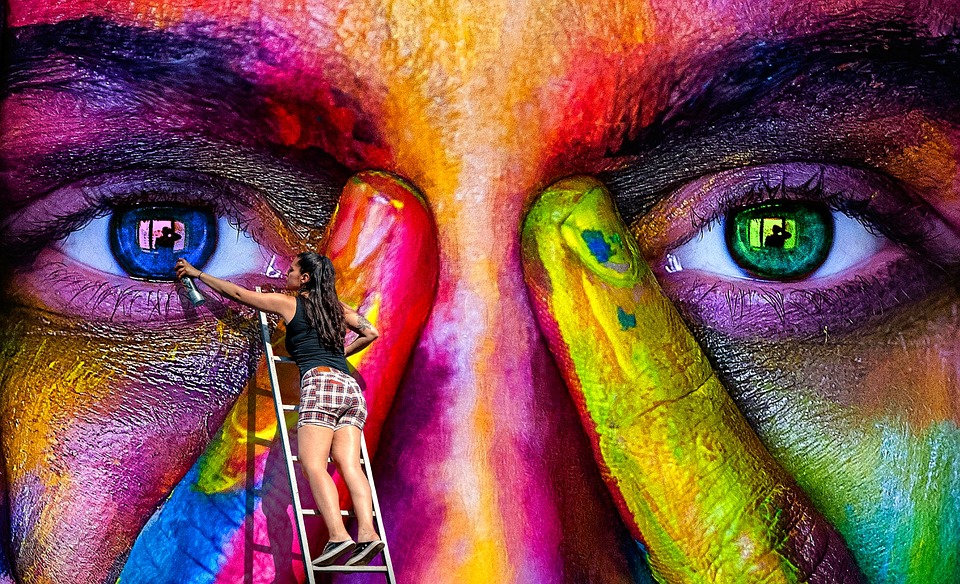The arts are many things to many different people. To the trained artist, the arts are all about creativity, the ability to communicate feelings, the visual vocabulary used to produce a beautiful work of art and, of course, fun. For the layman arts are anything you can put your mind to: books, music, dance, film, television, computer games, pottery, ceramics, furniture, sewing, tapestry, photographic arts, painting, photography, performance art, videos, and more. Arts degrees are available in every field imaginable. An artist who wants to teach can study the fine arts, be an art dealer, display his/her work, design clothes for children, or create jewelry.
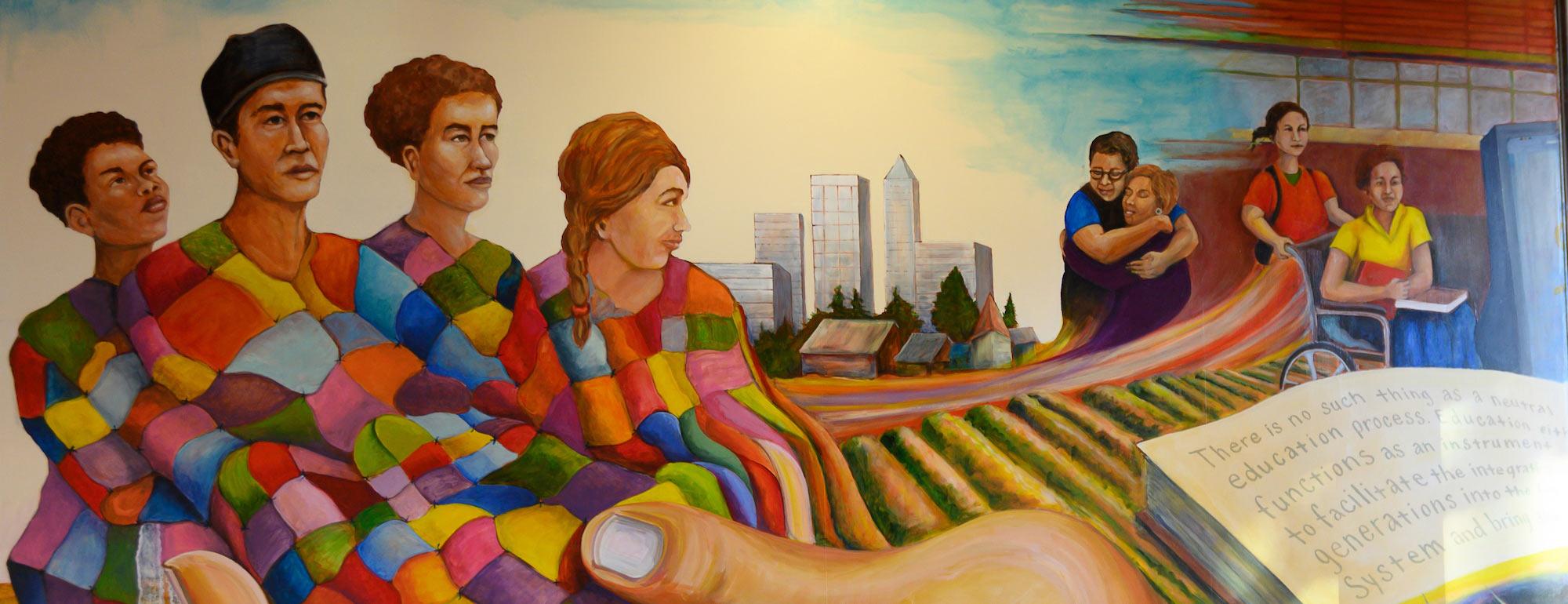
Children’s art classes begin young, with the young painter drawing and painting basic shapes and figures, and often simple drawings of hands and feet. The fine arts courses often include working with children, teaching them the fine visual arts, such as painting and sculpture, while learning about colors, shapes, light, shadow, and understanding composition. In the fine arts course students will learn to create short stories, novel length pieces, and complete artistic renderings. Students will also learn to stage their works of art. At the conclusion of the fine arts program students will be required to present their work in a competitive exhibition or perform in a staged production.
Students seeking bachelor’s degrees will complete courses in visual and performing arts. In the visual arts program students will learn drawing, painting, film making, digital multimedia, video art, pottery, glass blowing, dance, and be part of an ever-changing field of art. For those wanting to teach, master’s degrees in fine arts can be obtained through accredited programs. Teaching artists can teach one or two courses, or do full time professional work as an instructor. Master’s degrees require more specialized training and are generally held by art history or visual communications majors.


